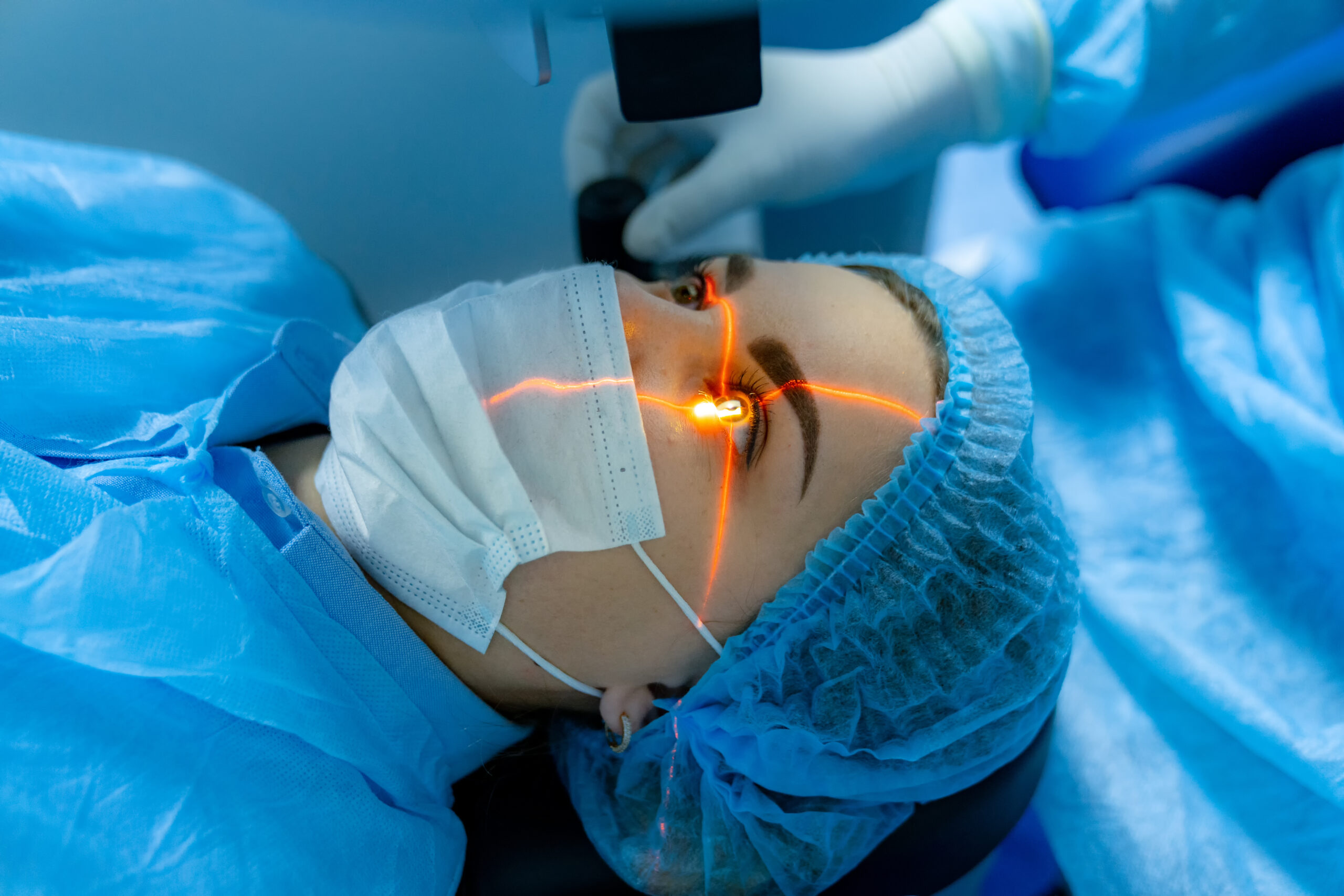Introduction
Many people want clear vision without glasses or contact lenses. LASIK eye surgery is a popular choice for laser vision correction. This procedure can help reduce or remove the need for glasses. In this blog, you will learn what LASIK eye surgery is, who can get it, its benefits, risks, and what to expect during recovery. Understanding these facts can help you make an informed decision.
What Is LASIK Eye Surgery?
LASIK stands for Laser-Assisted In Situ Keratomileusis. It is a type of laser vision correction. During the LASIK procedure, a doctor uses a special laser to reshape the cornea. The cornea is the clear front part of your eye. By changing its shape, light focuses better on the retina. As a result, vision becomes clearer. LASIK can treat nearsightedness, farsightedness, and astigmatism. Most people notice better vision soon after the surgery.
Who Is a Candidate for LASIK?
Not everyone is a good candidate for LASIK eye surgery. However, many adults with stable vision can consider it. You may be a candidate if:
Still, only an eye doctor can decide if LASIK is right for you. They will check your eyes and discuss your health history.
Benefits of LASIK Eye Surgery
Many people choose LASIK for its quick results and lasting effects. Some key benefits include:
Because of these benefits, LASIK remains a top choice for laser vision correction.
Risks and Possible Side Effects
Although LASIK is safe for most people, it does have some risks. It is important to know these before deciding. Possible LASIK risks and side effects include:
However, most side effects are mild and go away over time. Your doctor will discuss these risks with you before the procedure.
The LASIK Procedure: Step-by-Step
Knowing what happens during LASIK can ease your worries. Here is a simple step-by-step guide:
Most LASIK procedures take less than 30 minutes. You will need someone to drive you home after surgery.
Recovery and Aftercare Tips
After LASIK, your eyes need time to heal. But with proper care, recovery is usually quick. Here are some tips for a smooth LASIK recovery time:
Most people return to normal activities within a few days. However, always follow your doctor’s advice for the best results.
Frequently Asked Questions
Conclusion and Call-to-Action
In summary, LASIK eye surgery can offer clear vision and freedom from glasses for many people. However, it is important to know the benefits, risks, and recovery steps. Always talk to a qualified eye doctor before making a decision. Consult an ophthalmologist for personalized guidance on LASIK eye surgery.

